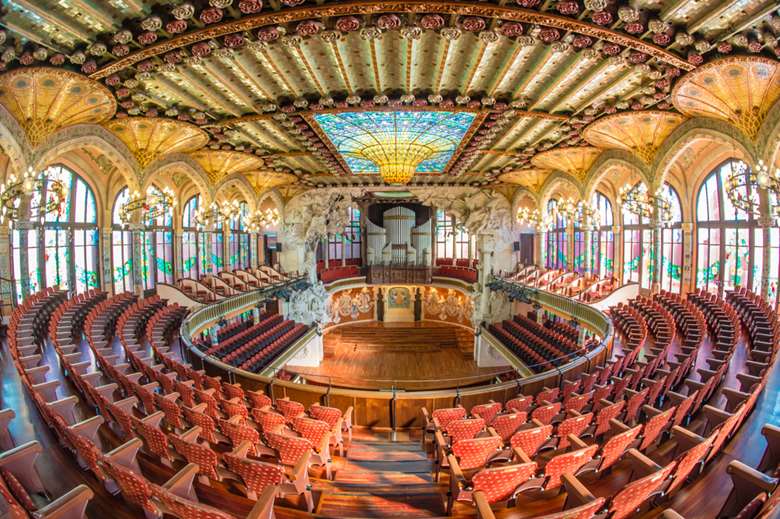How Barcelona Obertura is transforming the city's classical music reputation
Simon Mundy
Friday, May 19, 2023
Simon Mundy travels to Barcelona to learn about the festival series hoping to transform the city's tourist scene and make it a destination for classical music lovers across the globe


Register now to continue reading
Don’t miss out on our dedicated coverage of the classical music world. Register today to enjoy the following benefits:
- Unlimited access to news pages
- Free weekly email newsletter
- Free access to two subscriber-only articles per month



